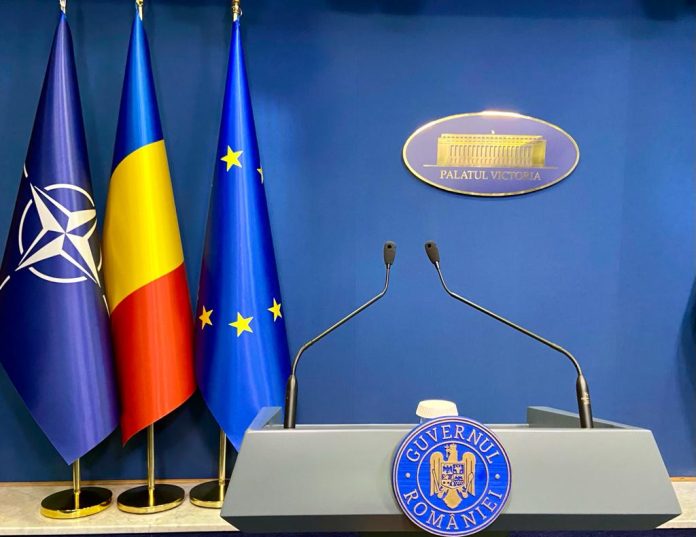Romania requested additional support measures from Brussels for the economic sectors affected by the war in Ukraine, according to a press release from the Ministry of Economy sent to AGERPRES on Friday.
The Minister of Economy, Florin Spataru, participates in Brussels in the COMPET formal Council meeting, the Internal Market and Industry section.
„During the COMPET meeting, I sent a clear message to my European counterparts in the field of Economy and Industry: Romania is concerned about the possibility of increasing purchase prices at the end consumer level. In this context, the purchases of circular products and the protection of vulnerable groups must be supported,” Minister of Economy Florin Spataru said.
Romania pleads for additional support measures for the economic sectors that continue to be affected by the conflict in Ukraine. At the level of the Ministry of Economy, there is a significant concern for the impact on the end-price of goods and the competitiveness of economic operators as a whole, including as a result of measures to reduce energy consumption, the lack of raw materials and the increase in costs on various value chains.
„Future investments will have to be oriented towards sustainable business models, which will significantly reduce the carbon footprint based on the raw materials used, increasing the life of the products, the possibilities of recovery or recycling, coming up with solutions to eliminate the final residues,” said the minister of economy.
At the same time, discussed at the COMPET council meeting was the new the Single Market Emergency Instrument (SMEI). This governance framework in crisis situations monitors the normal functioning of the Single Market and all the mechanisms established at its level, through active cooperation between the member states and the Commission, in crisis situations, while preserving the principle of subsidiarity. In this context, Romania pleaded for the development of a pro-active, flexible, proportional, inclusive and transparent instrument.
„We are concerned about the potential administrative and compliance costs for economic operators and member states regarding a series of measures such as: the collection of information about supply chains, the establishment of strategic reserves in vigilance mode, as well as for compliance with the measures regarding the authorization of products or participation in joint public procurements in emergency situations (emergency mode),” Spataru concluded.
Agerpres




